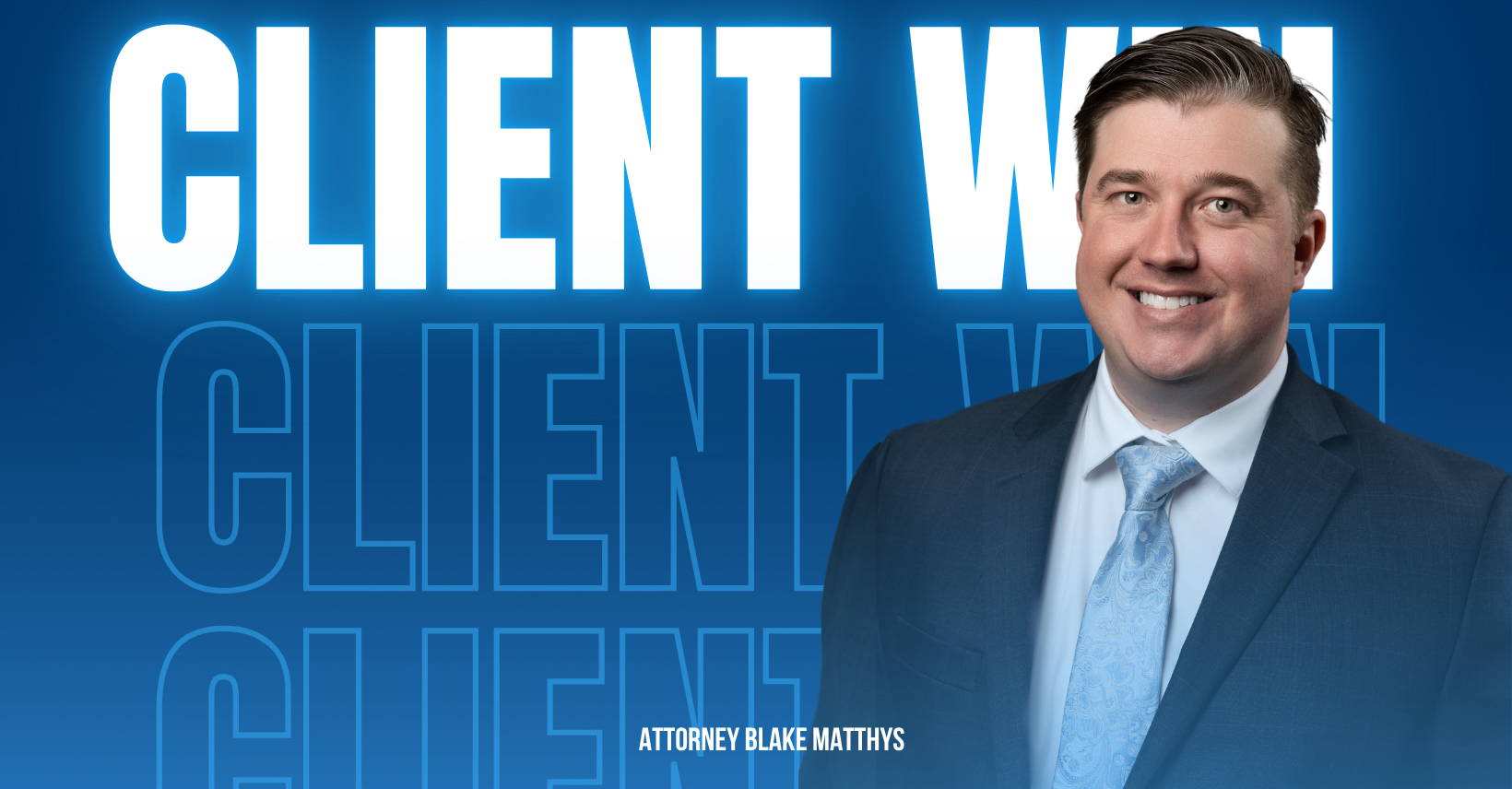Millennials are already struggling to hold on to money and avoid debt. With low wages and rising tuition costs, millennials are working with tight budgets. Naturally, the generation blamed for killing the diamond and restaurant industries actually spends quite a bit of money on dining out and travel. But for most, spending money on modern luxuries comes at the expense of spending money they don’t have. In fact, a Credit Karma survey found that nearly 40 percent of millennials have spent money didn’t have and gone into debt to keep up with their peers. While paying $100 for dinner and drinks once in a while with friends doesn’t seem like a big deal, short-term spending habits can derail long-term money planning.
In order to avoid debt, millennials should keep in mind that they don’t have to cut pleasure from their lives. Instead, making small changes and being conscious of your spending habits will help you avoid debt.
1. Open a savings account.
A good way to avoid debt is to open a savings account. Most people can’t purchase a home without first taking out a loan, however, saving money to purchase a new couch or dining room table to fill the home instead of using credit cards or taking out in-house financing loans will keep you from owing thousands of dollars with interests in the long run.
2. Avoid debt by leaving your credit card at home.
Credit cards are useful when it comes to building credit. However, credit card holders should use them responsibly. Use cash over your credit card. When you avoid spending money you’ll have to pay interest on you’ll keep more money in your pocket.
3. Create a budget and stick to it.
Easier said than done. If you’ve tried and failed to create a budget, but end up overspending, try using cash only. Pull out your weekly limit at the beginning of the week and leave your debit and credit cards at home.
4. Avoid FOMO (fear of missing out) spending.
Millennials more than any other group spend, and overspend, on activities like travel, music festivals, weddings, sporting events or social activities, such as dinner and drinks with friends. A Credit Karma survey shows that nearly 40 percent of millennials overspend and get into debt to keep up with their friends. While keeping up with your friends may give you momentary satisfaction, learning to value your money will pay off in the years to come.
5. Question your spending habits.
Avoid debt by asking yourself, “Do I really need this?” By separating your wants from your needs, you can avoid spending money on unnecessary services or items.
6. Pay bill on time.
Pay your bills on time. Not only is this important to maintaining a good credit score, but it is especially important to avoid late fees.
7. Save early and save often.
The cool thing about being a millennial is that even the oldest among us are still in their 30s and the youngest are in the early to mid-20s. Many experts recommend that you begin saving for your retirement as soon as possible. This way, you’re able to build a decent nest egg for retirement.
8. Get life insurance.
Death can occur at any time and leave your loved ones scrambling to pay for a funeral and possibly other debts. Protect them by purchasing life insurance.
9. Know what you owe.
There are several options you can use to check your credit and determine what you owe. But knowing what you owe can help you avoid being sued by creditors, judgments against you, wage garnishments and liens. Most importantly, by paying on the debts you owe, you will be one step closer to achieving a debt free life.
10. Pay with emergency funds over credit cards.
In addition to retirement savings, you should set aside money for emergencies. Many people use credit cards as their safety net. However, it’s always better to spend money you have rather than money you have to borrow.
11. Pay yourself first.
Paying yourself first isn’t the same as spending money on yourself. The phrase just means to put money in your savings account before you do anything else. This may be difficult to do if money is tight, but even if it’s just putting $5 into a savings account, experts say paying yourself creates healthy money habits that can boost wealth.
12. And finally, treat yourself!
Once saving money and avoiding debt becomes a habit, there is nothing wrong with spending a little money on yourself. You work hard and deserve to play hard. However, don’t lose sight of your priorities and of course, don’t spend more than you make. Avoid debt by staying within your budget and living within your means.
The Carlson Law Firm Can Help
The Carlson Law Firm has spent decades devoting time to protecting the rights of consumers and businesses struggling with debt. We can help you file a Chapter 7 or Chapter 13 bankruptcy, depending on your situation. Our team of bankruptcy attorneys is ready to handle the full range of debt relief and bankruptcy cases.
We’re more than just attorneys. We are advocates.
Some bankruptcy lawyers will handle cases swiftly just to get an easy settlement. They do this so they can move on to the next case numbers. However, at The Carlson Law Firm, you can expect to be treated with the utmost care, consideration, and compassion.
Contact The Carlson Law Firm to schedule a free, no-obligation consultation with our leading bankruptcy attorney.





